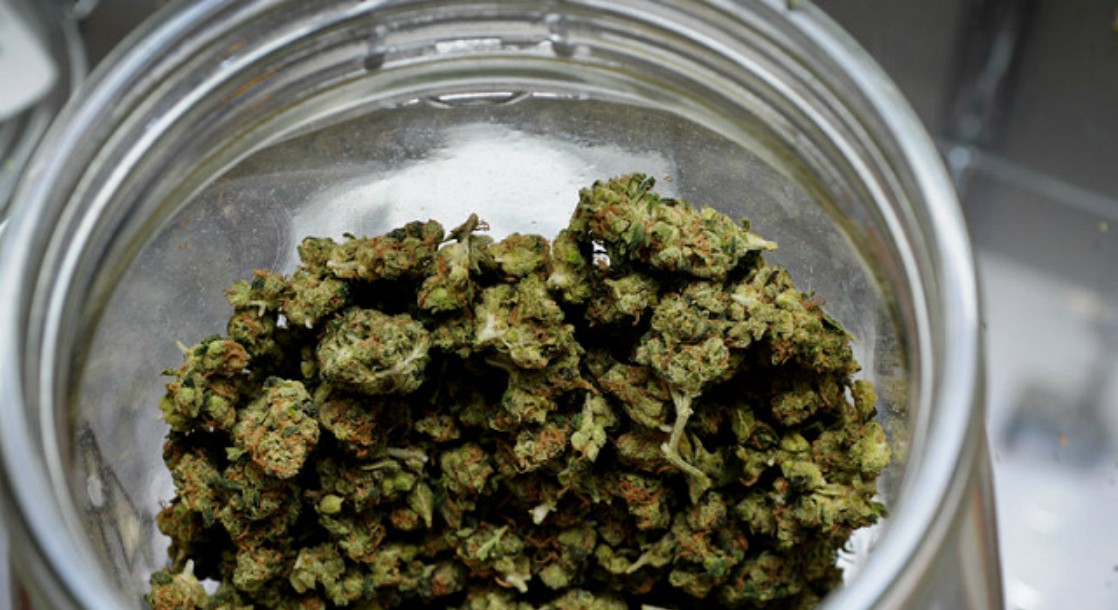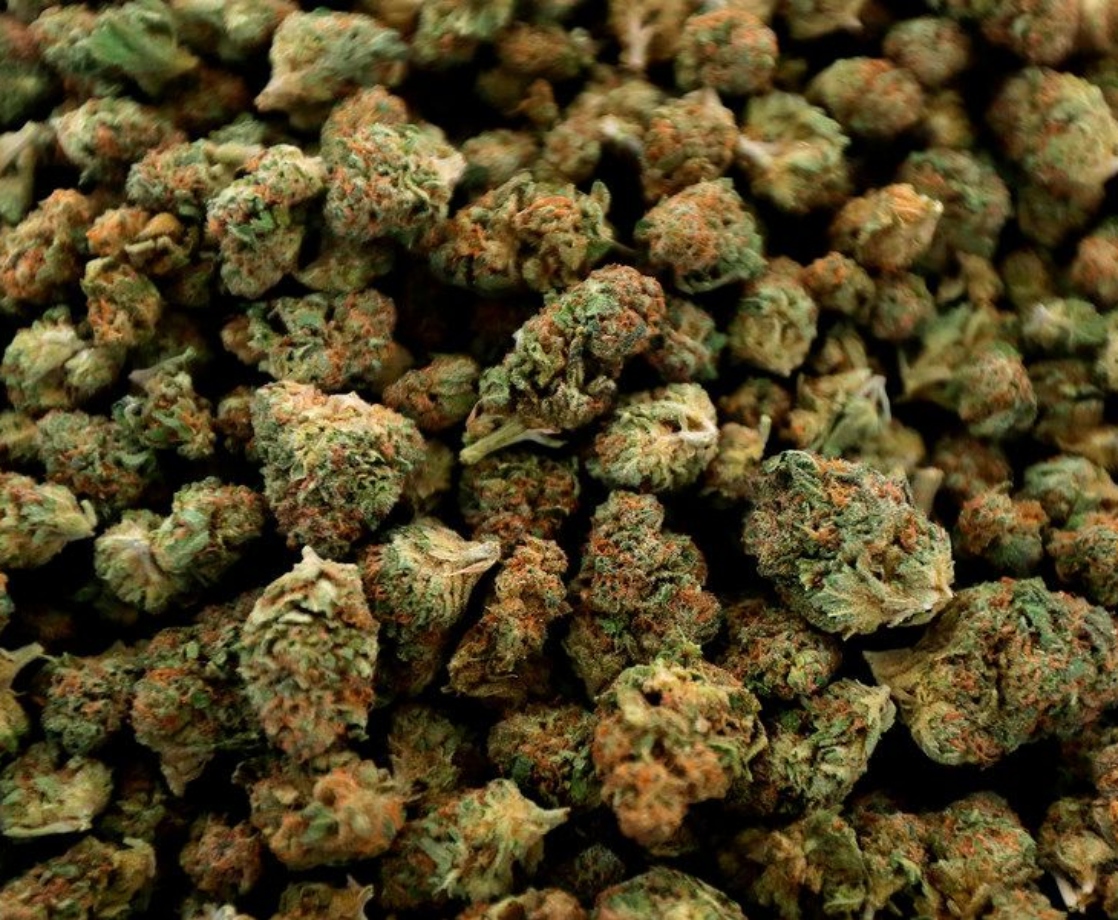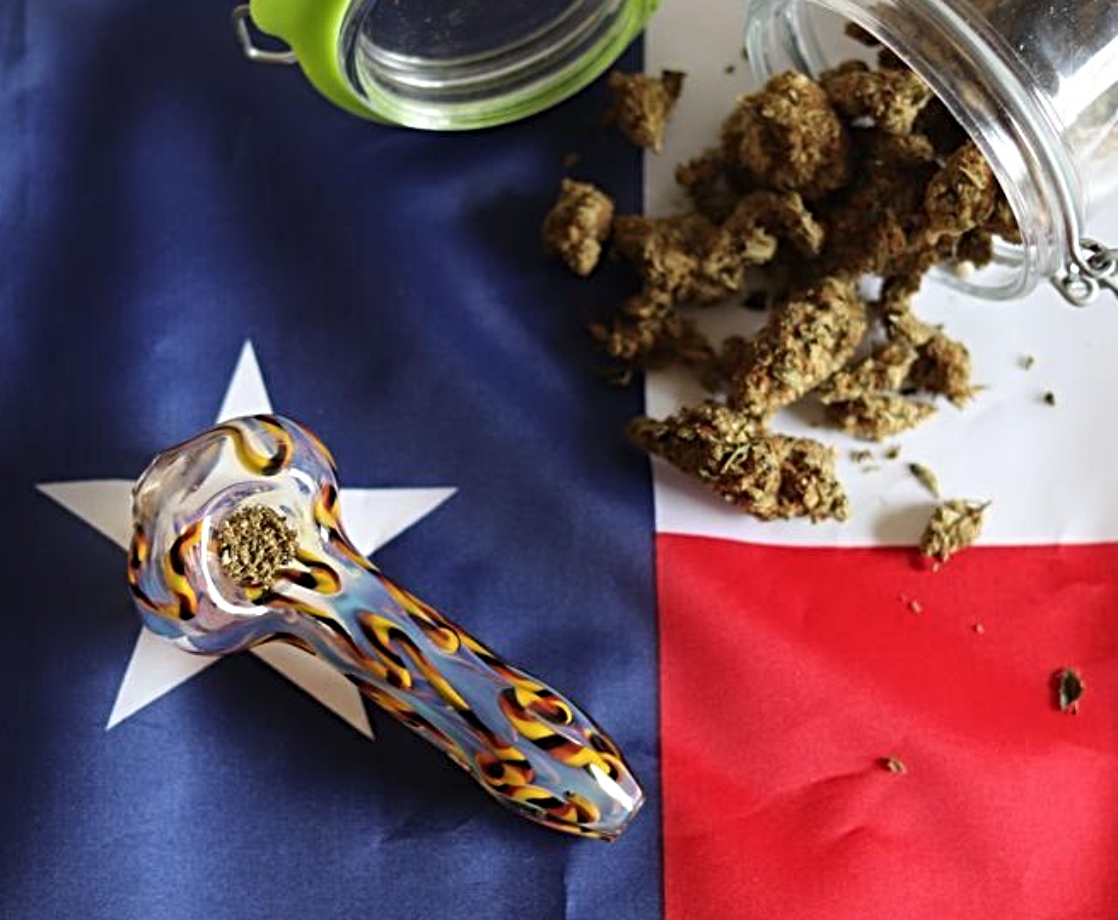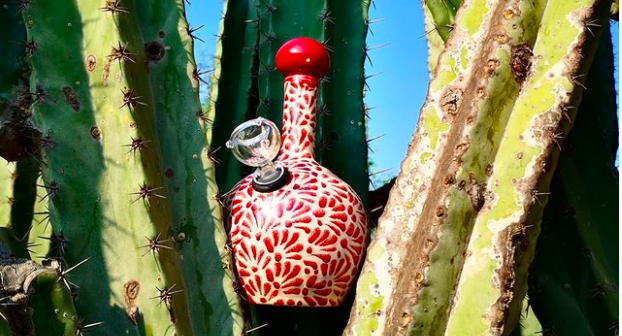After skipping the traditionally practiced years of protocol and legislative bickering to start recreational cannabis sales just months after voters approved the legalization legislation, Nevada is proving just how successful the western desert’s legal weed industry has the potential to be, with the first month of sales bringing in $27 million in revenue.
The state collected more than three and a half million dollars in tax revenue from the first month of recreational weed sales alone, and while numbers from August and September are not yet available to the public, they are expected to be similarly high. It didn’t hurt that the start of legal weed sales fell smack dab in the middle of Las Vegas and Reno’s summer party season.
"A lot of it plays into the tourist industry here.” Stacy Castillo, a representative for Reno-based MYNT Cannabis, said. "We have a lot of people coming in from out of town to just partake in the many events we have. It kind of fell right into events season for us and I think that was a big part of why we did so well."
Even with smoke-happy tourists stepping off every plane in the state, not everything in Nevada’s cannabis industry has been peachy keen, with distribution issues and a short supply of product holding providers from reaching their full potential.
According to a local NBC affiliate, there simply aren’t enough plants in the ground, leaving some canna-businesses unable to make enough edibles, tinctures or extracts as they’d like.
“A lot of companies are having an issue with just being able to create production products because there's not a lot of source flower out there; so a lot of companies are moving in the direction of creating more square footage so they can create more grow space and creating more product; so that's why if we do experience any kind of delay in product it's because we're waiting for the product to be made." Castillo said.
None of Nevada’s marijuana companies have actually run out of product yet, but it is a possibility, creating an ironic situation for an industry reliant on, well, weed.
In addition to the supply issues, the state’s long fought distribution issue has yet to be solved. And while more licenses are being awarded, local cannabis companies are still upset that they can’t distribute their own weed without middleman interference.
Only time will tell what the future holds for Nevada’s still crawling cannabis industry, but despite a few hiccups with distribution and supply, the Silver State has shown to be a model example of the benefits that fast tracking legal weed can have for a state’s tax coffers and tourism.











